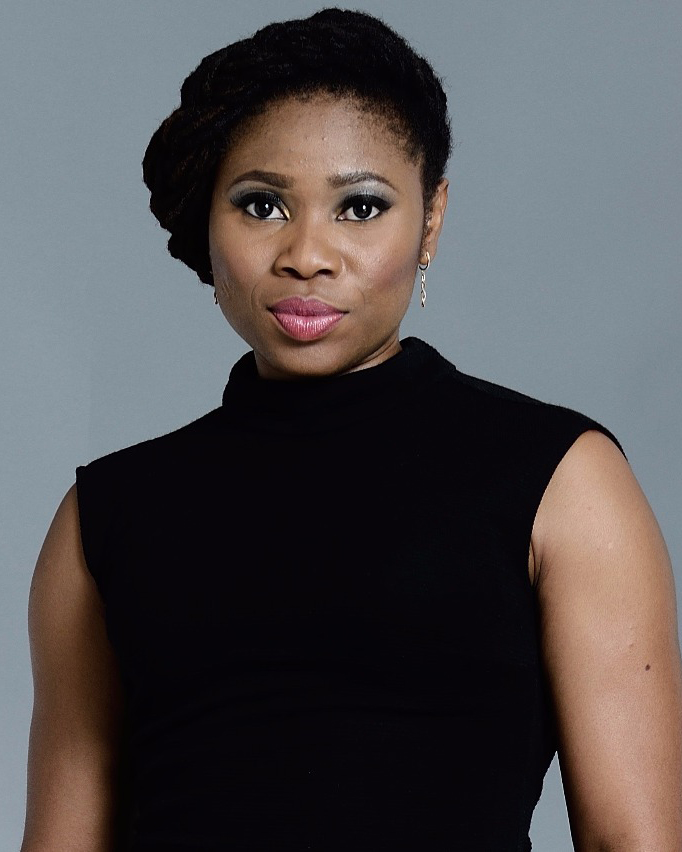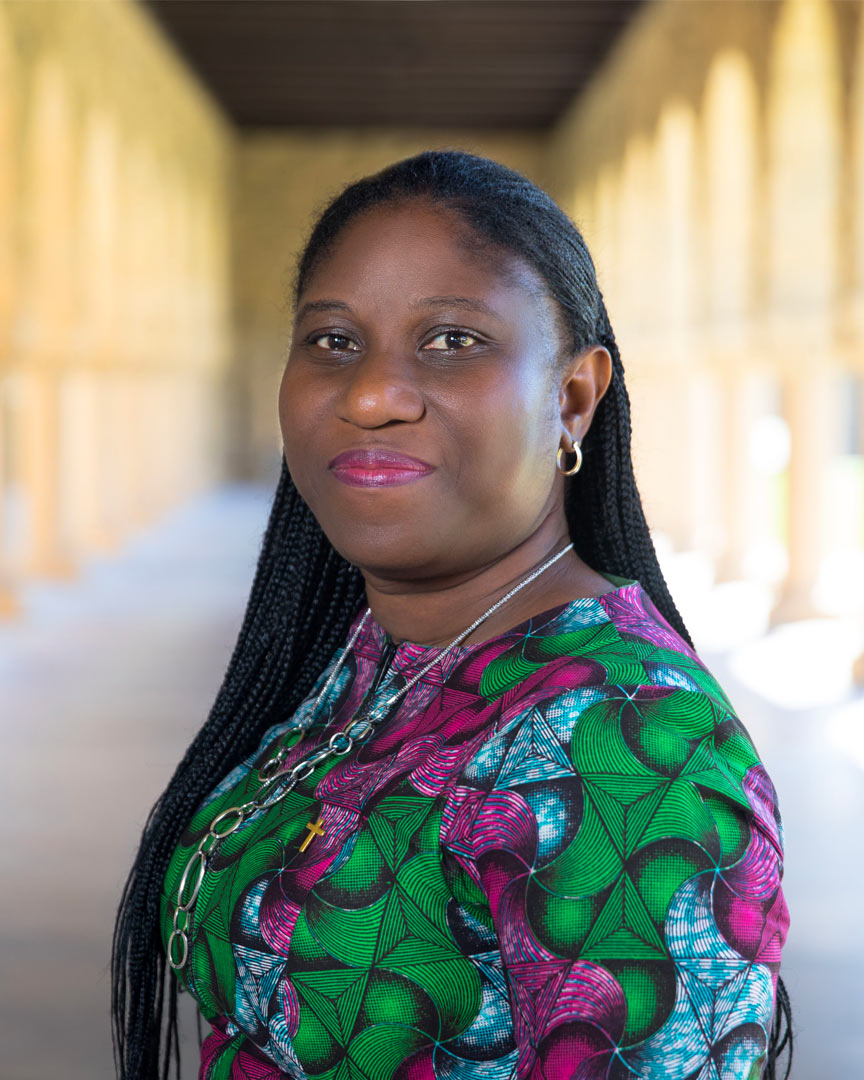Nelly Kalu is a broadcast and investigative journalist and is experienced in fact checking and investigating disinformation. In broadcasting, her experience ranges through radio, television, podcasting, digital media, media consultancy, training and advocacy.



